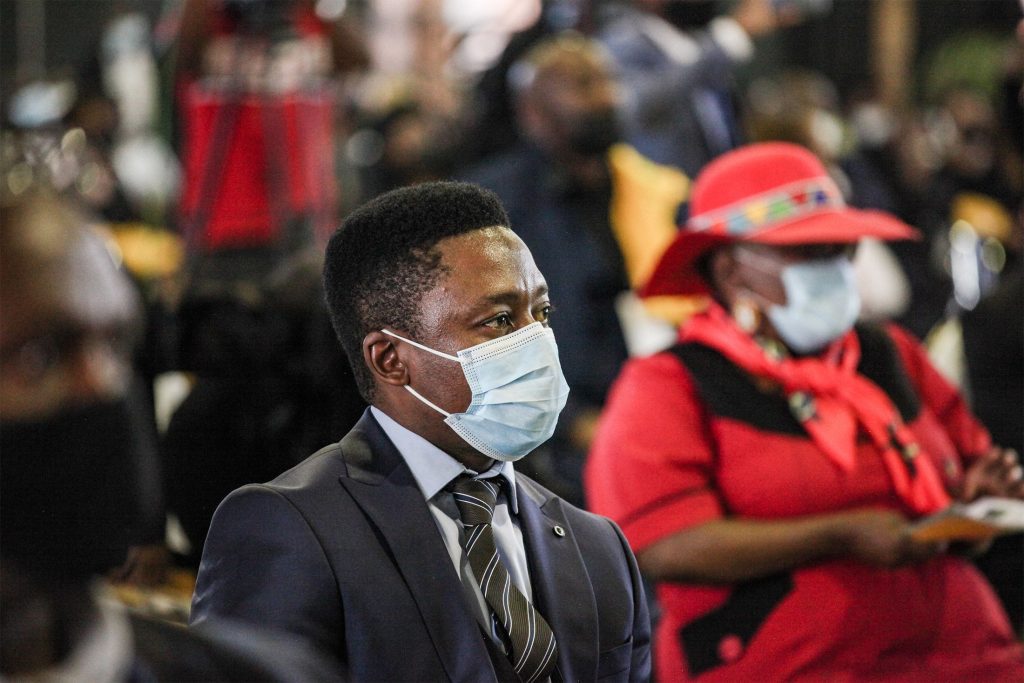I don’t regularly comment about party political developments in South Africa. However, following a week (30 January to 3 February) where various media outlets interviewed the new Johannesburg mayor, I cannot hold myself back.
The ANC and EFF’s engagement and the dismal resistance of ego-driven opposition parties resulted in the election of Thapelo Amad of Al Jama-ah, the leader of a party which holds just three of the 270 seats.
Johannesburg is the economic hub of South Africa and generates around 15% of the national gross domestic product. It has a budget of R77 billion – which compares roughly with Pepkor’s total revenue for its most recent financial year, which amounted to R80 billion. (It may not be a like-for-like comparison, but you can see what I am getting at.)
If the metro was a company, it would be one of the largest in the country. Large companies are successful under good leadership.
Unfortunately, Amad’s hopeless and even comical answers during media interviews thus far, clearly show he is a puppet, stopgap mayor and more likely to accelerate the degeneration of the city than to improve things.
Apart from load shedding and frequent non-load shedding-related power outages, the city experiences prolonged water outages, faulty traffic lights, sewage in the streets and dangerous potholes, among other issues. The Metro police are dysfunctional, and there is near lawlessness on the roads. Also, the Johannesburg CBD looks like one big landfill site.
One of Amad’s shocking remarks related to his priorities for the city. When Newzroom Afrika asked what his priorities will be during his first 100 days in office, Amad, dressed in a T-shirt, said: “potholes”. He wants to use technology and systems to “identify” the potholes and then action their repairs. (He could merely drive on any single road in the city and find ample to fix.)
There are many other infrastructure failures that should be higher on his priority list. For example, in Auckland Park, a citizen calculated that during the week of 28 January to 2 February, he had:
- electricity for only 51.3% of the time
- water for only 7.6% of the time
- both electricity and water for 18% of the time
This shows a city pretty close to constitutional failure.
This brings me to the politics that handed him the mayoral chain.
It resulted from an engagement between the power-hungry ANC and desperate EFF, who agreed on Amad’s appointment as a “transitionary” measure, as they could not agree on a candidate from within their own parties.
It is a rocky engagement at best and doomed to fail. There is already infighting in the ANC about the agreement, and the EFF continues to flirt with other parties in other local government structures for executive positions. It is highly doubtful that they will ever see the inside of a wedding chapel, which means Amad may be the mayor for longer than expected.
The other minority parties in the Metro should hang their heads in shame, especially the Democratic Alliance (DA) and Action SA. Their policies are similar, and they collectively hold 42% of the vote, but the inflated egos of their leaders prevented the creation of a pragmatic coalition. Coalitions are complicated, but sometimes parties need to bite the bullet and work together to fulfil the mandate they promised to their voters.
The DA, in particular, should reflect on its conduct. The DA may govern well in the Western Cape, but it is most definitely not doing so in the northern provinces (bar perhaps in the Midvaal municipality).
Johannesburg is a different world to Cape Town and therefore needs a different approach. The DA in Johannesburg cannot be run from the Southern Suburbs of the Mother City.
The DA may be in for a big surprise in next year’s national election in all other provinces bar the Western Cape. And in the meantime, Joburgers can (hopefully) at least look forward to fewer potholes.

